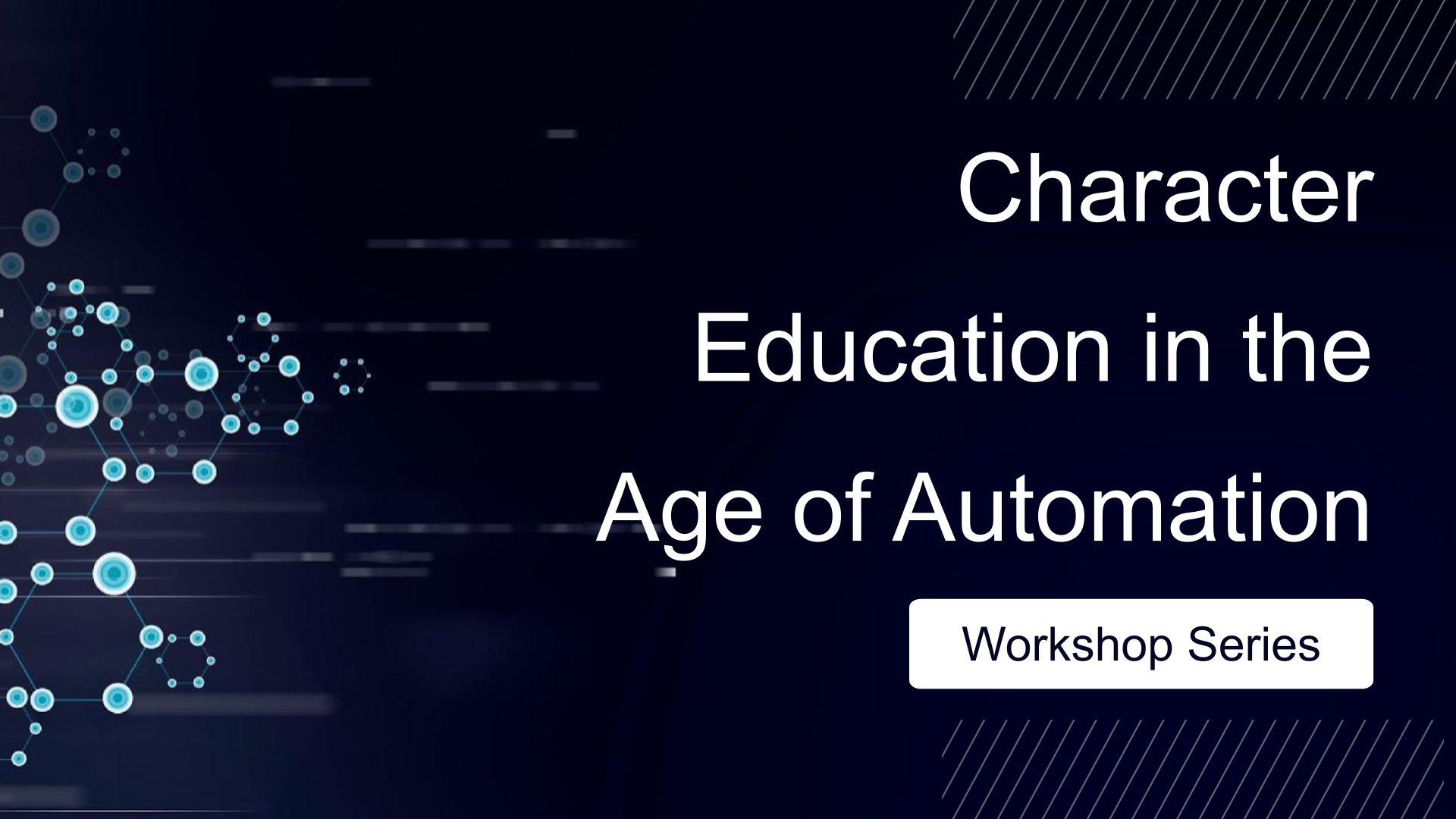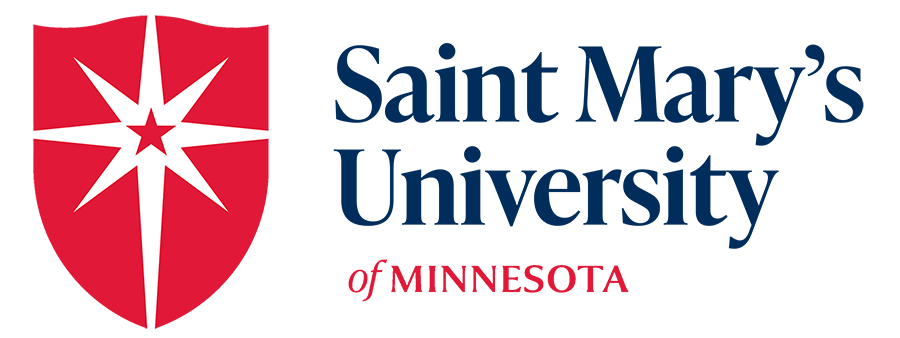Event has already taken place!
Spring Talk: Dr. Annika Konrad on "Building Interdependence into Pedagogical Design"
Event Details
Talk Description: Learning from Stories of Access Fatigue: Building Interdependence into Pedagogical Design The COVID-19 pandemic has drawn attention to the realities of inaccessibility. As the abrupt shift to remote work and
Event Details
Talk Description:
Learning from Stories of Access Fatigue: Building Interdependence into Pedagogical Design
The COVID-19 pandemic has drawn attention to the realities of inaccessibility. As the abrupt shift to remote work and schooling has forced people to operate under conditions of precarity, the problem of inaccessibility—of one’s needs not being met—has become palpable for many. People with disabilities have always operated under inaccessible conditions and yet, it remains uncommon to encounter spaces (virtual or otherwise) where accessibility is a priority.
Universal Design for Learning offers useful strategies for building access into the design of educational spaces and experiences. In this talk, Dr. Konrad will help faculty build access into the design of their educational spaces and experiences by drawing upon firsthand accounts of the daily labor that disabled people have always performed for access. Through an original concept called “access fatigue,” developed from life history interviews with people who are blind and visually impaired, Dr. Konrad names the everyday pattern of constantly needing to help others participate in access, a demand that can be so taxing and so relentless that, at times, access is simply not worth the effort. Dr. Konrad will share accounts from study participants who describe years—if not decades—building the courage to advocate for their own access needs, and still, at times, dis-engage out of a need for self-preservation.
By sharing these narratives, Dr. Konrad will help faculty identify pressures we all unknowingly perpetuate that make the pursuit of access fatiguing. As a solution, Dr. Konrad will propose a pedagogy of interdependence and care, which offers a framework for reorienting norms in educational, professional, and public life. Through a pedagogy of interdependence, disabled and non-disabled people alike can uptake and transfer a structure of habit for access.
Speaker Bio:
Dr. Konrad’s research centers around the question, why is it so hard to communicate about disability? She explores this question at the intersections of Disability Studies and Rhetorical Studies, examining how access is a fundamentally rhetorical phenomenon that we all unknowingly participate in. Dr. Konrad teaches writing courses on rhetoric of disability and accessibility at Dartmouth College, where she is a senior lecturer in the Institute for Writing and Rhetoric. Her article, “Access Fatigue: The Rhetorical Work of Disability in Everyday Life” was recently published in College English. She has published other work on rhetoric, disability, and writing in Composition Forum, Business and Professional Communication Quarterly, and Reflections.
more
Time
(Wednesday) 12:15 pm - 1:15 pm
Virtual Event Details
RUN
july
16jul12:00 pm1:00 pmSelecting Tools for Conviviality (Noon)

Event Details
How do we ensure that we shape tools to learners rather than learners to tools? This workshop will answer that question by providing a whole-person response to modern AI based
Event Details
How do we ensure that we shape tools to learners rather than learners to tools? This workshop will answer that question by providing a whole-person response to modern AI based on the ideal of a convivial society. Assignment sequences that prepare students to respond to AI with maturity will be demonstrated along with conversation on how aspects can be applied to different disciplines. Throughout, participants will work within a personal digital journal to apply principles from the session to their own formation of the students entrusted to their care. Participants will leave with a plan to promote human flourishing in their classroom through the integration of character education and virtue formation with mature technology adoption.
more
Time
(Wednesday) 12:00 pm - 1:00 pm
august
06aug2:00 pm3:00 pmCanvas Essentials Overview AugustLearn about Canvas
Event Details
In this Educational Technology-led Canvas training, you’ll learn some of the basics: customize your course home page, module organizations, how to make announcements, how to create assignments, and how to
Event Details
In this Educational Technology-led Canvas training, you’ll learn some of the basics: customize your course home page, module organizations, how to make announcements, how to create assignments, and how to grade assignments among other things in the Canvas LMS.
Click Here to RSVP and add the event to your calendar (powered by Calendly)
Time
(Wednesday) 2:00 pm - 3:00 pm
13aug12:00 pm1:00 pmHolistic Learning Outcomes in an Age of Automation (Noon)

Event Details
What is your greatest hope for your students as they navigate the ethical complexity of modern AI and future emerging technologies? The answer to that question can guide your teaching
Event Details
What is your greatest hope for your students as they navigate the ethical complexity of modern AI and future emerging technologies? The answer to that question can guide your teaching as you refine plans for fall and think about redesigning for spring. This session invites participants to rethink course design according to the kind of persons we form, which will in turn include concerns regarding skill training, economic mobility, and the ability to thrive within society. Building on the initial course design ideas from past sessions, participants will refine their goals into formal learning outcomes, ensuring alignment with proposed AI-assisted assessments, and draft assignment sequences that integrate outcome-driven policies on student AI use.
more
Time
(Wednesday) 12:00 pm - 1:00 pm

Event Details
Join the Saint Mary’s Library to consider together how to evaluate our use of AI tools in ways that lead to the formation of positive habits that preserve critical thinking,
Event Details
Join the Saint Mary’s Library to consider together how to evaluate our use of AI tools in ways that lead to the formation of positive habits that preserve critical thinking, promote human dignity, and build AI literacy skills. This webinar explores how the 12 Virtues of a Good Teacher can support proper and ethical use of generative AI. We will use these virtues to help better understand how to use AI in school and work settings.
more
Time
(Wednesday) 12:00 pm - 1:00 pm
